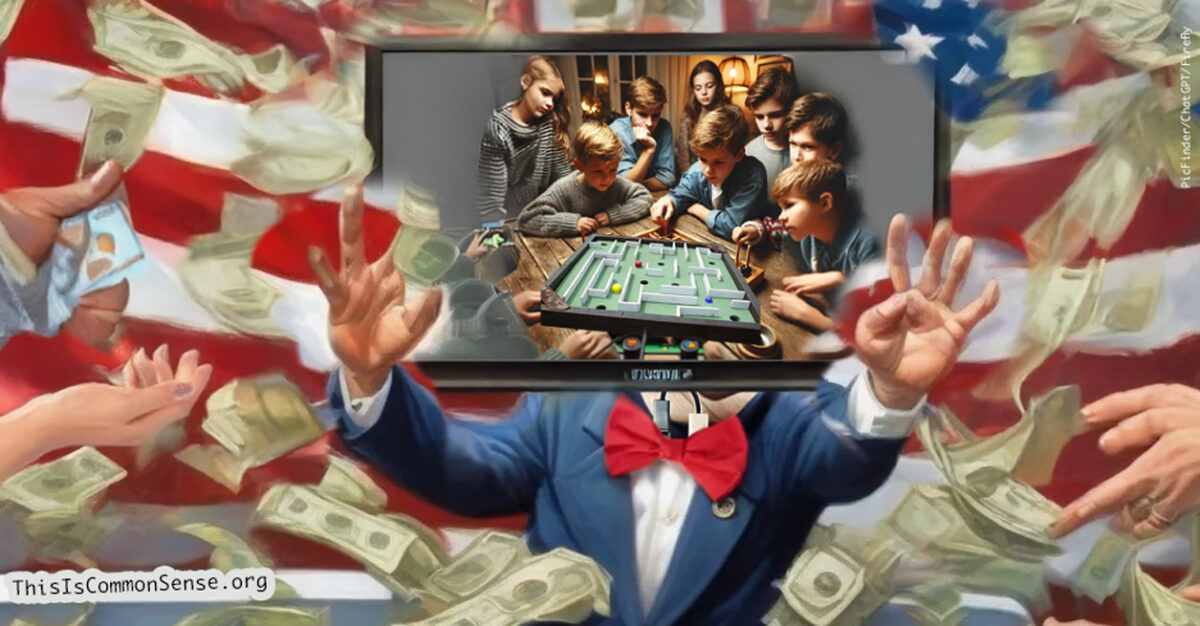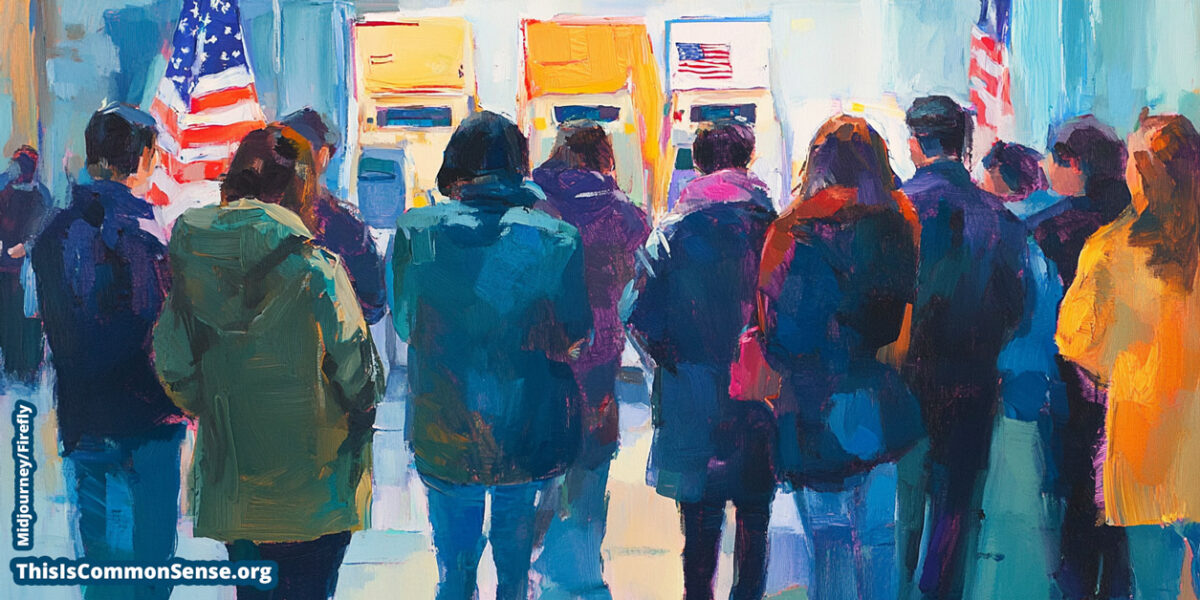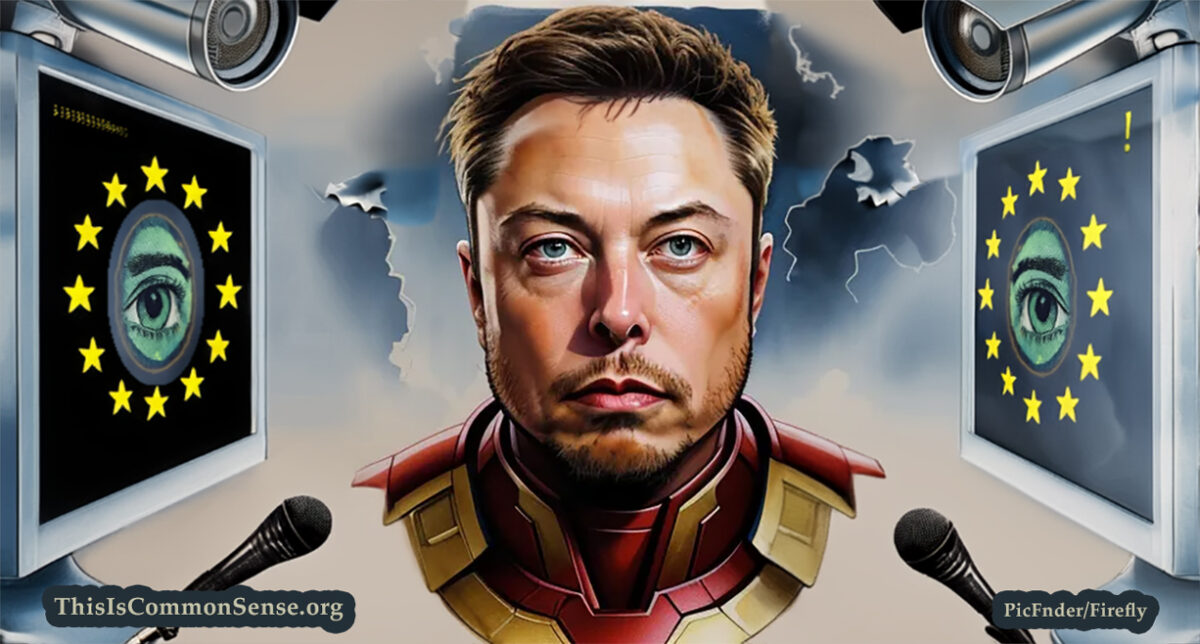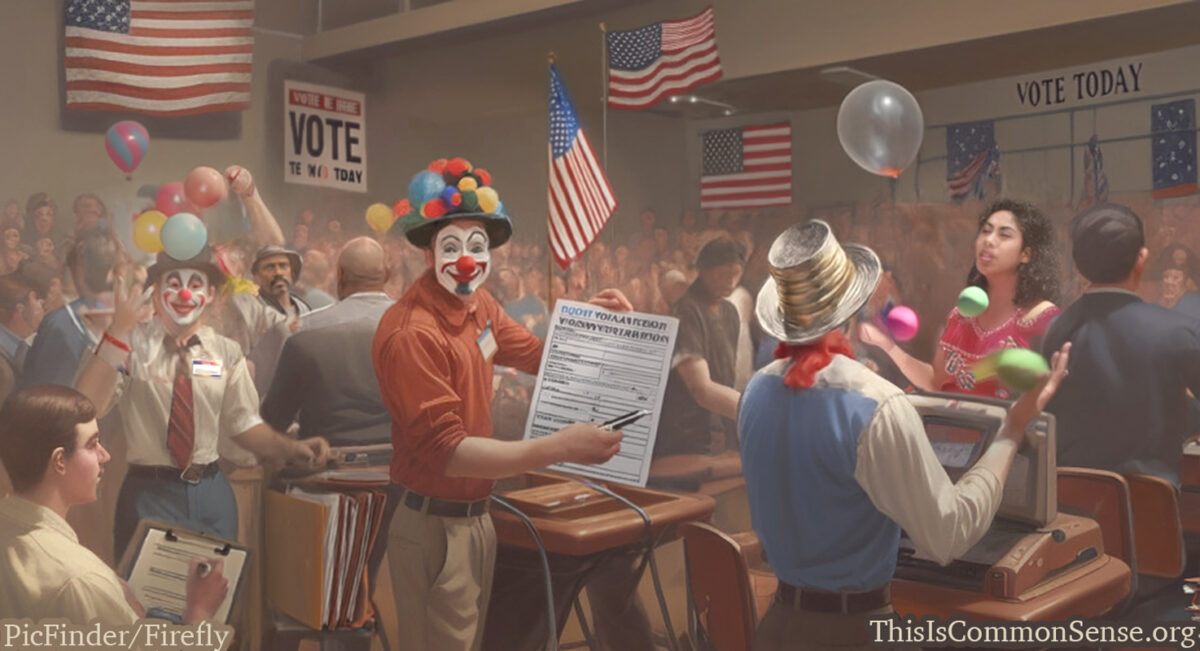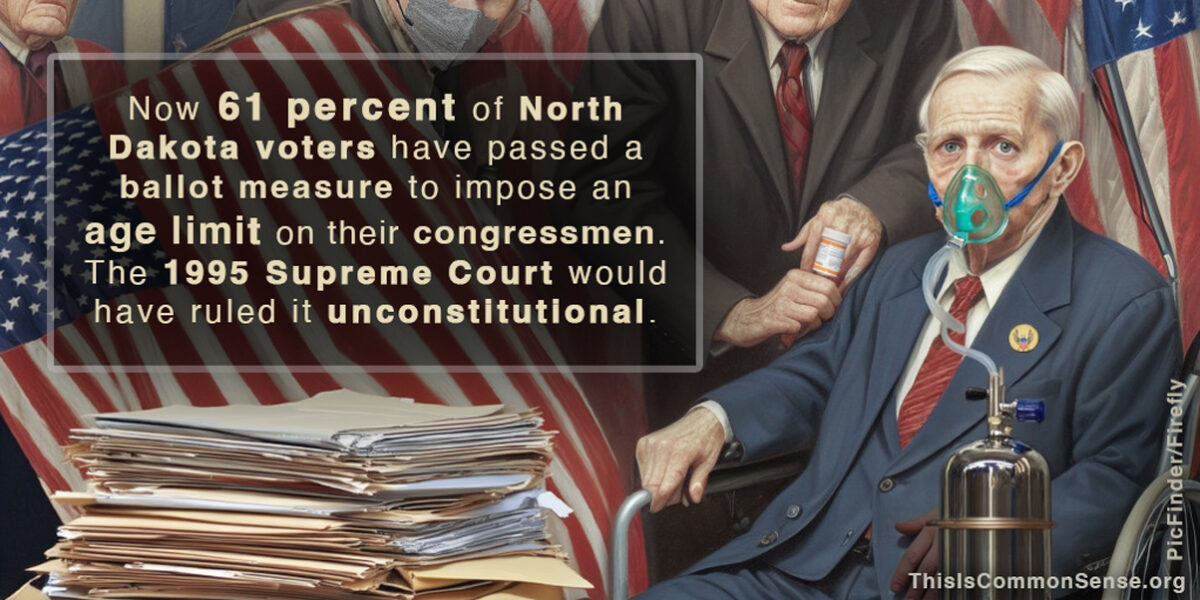Incumbent lawmakers should not be looting taxpayer dollars to fund their election campaigns.
Investigative reporter Lee Fang has learned that incumbents of both major parties are ignoring ethics rules in order “to use government money for ads clearly designed to influence voters.”
Back in the 1990s, I was shocked to discover that the average incumbent congressperson spent more using the franking privilege, government funding of “official” newsletters to constituents, than the average challenger spent in his or her entire campaign. In this video age, they’ve upgraded their bragging to living color.
Here is a bipartisan couple from the many examples Fang discovered:
Democrat: A taxpayer-funded ad aired by the campaign of New York Representative Tom Suozzi, talks about how “Tom worked across party lines to convince the president” to do something about the border.
Republican: A taxpayer-funded ad aired by the campaign of Virginia Representative Jen Kiggans, in which she boasts about her track record on issues pertaining to veterans and the military.
Fang has identified at least nine other culprits and put together a YouTube video compiling some of these taxpayer-funded ads. Everyone sees these as campaign spots — or “campaign-style ads,” as Fang also puts it.
The ads even say (for example, in Wesley Hunt’s video) that they were “paid for with official funds” from the office of the congressman or with “official funds authorized by the House of Representatives.”
These “official funds” are not voluntary campaign contributions.
Congressmen, you’ve been caught.
So stop.
This is Common Sense. I’m Paul Jacob.
Illustration created with PicFinder and ChatGPT and Firefly
—
See all recent commentary
(simplified and organized)
